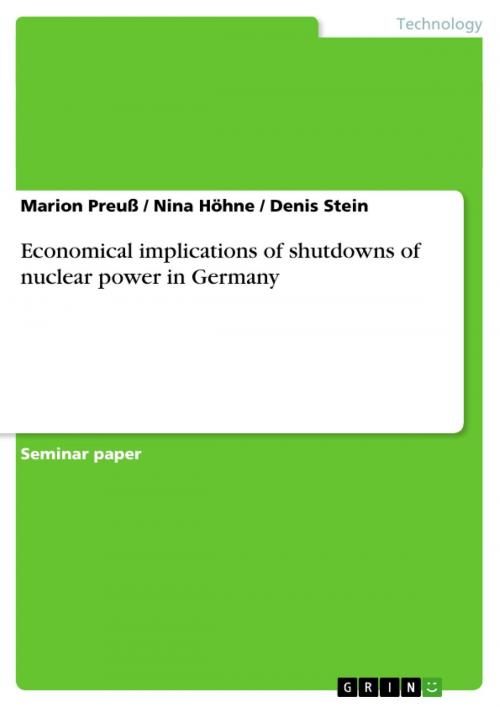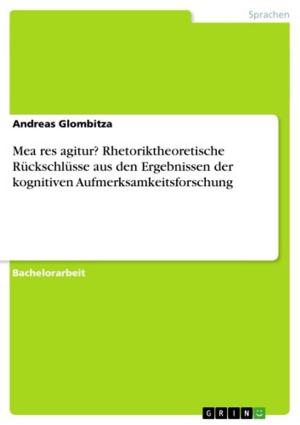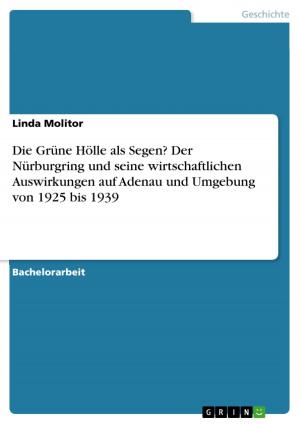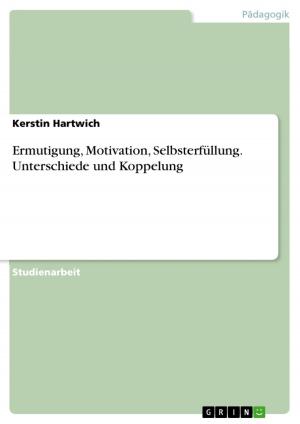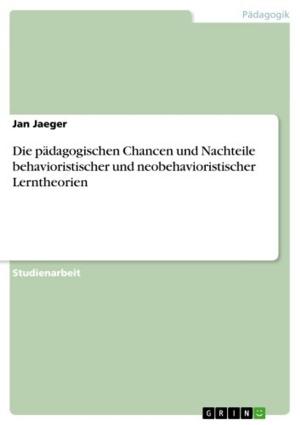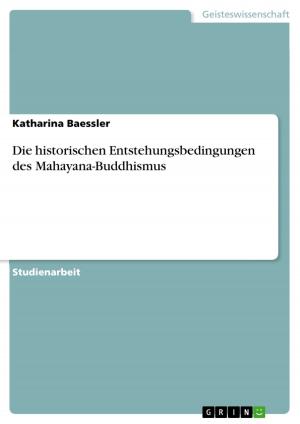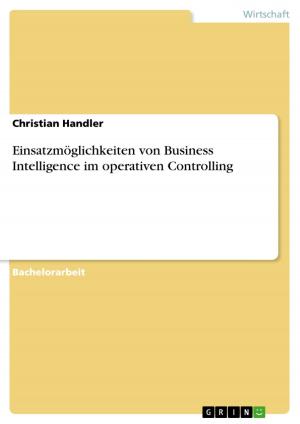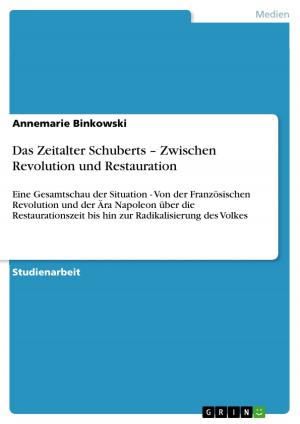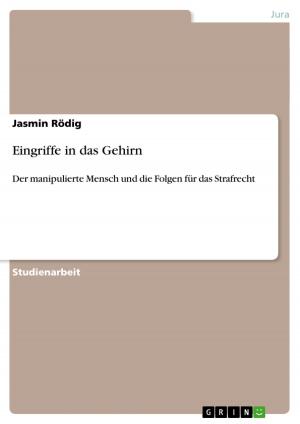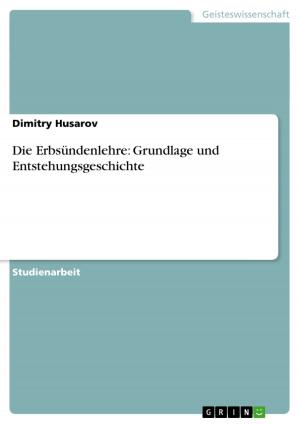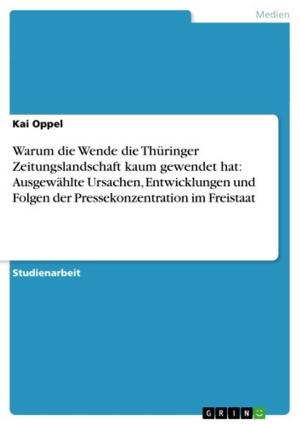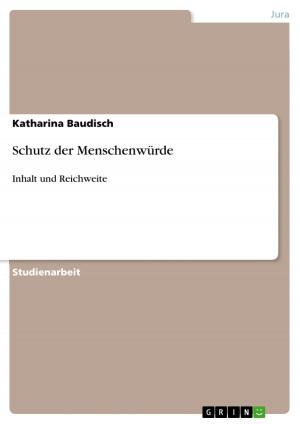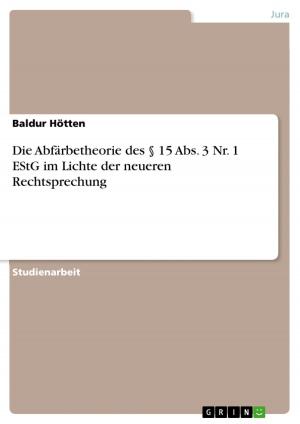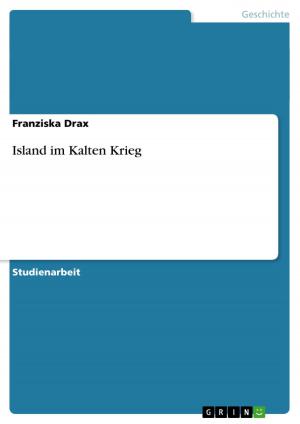Economical implications of shutdowns of nuclear power in Germany
Nonfiction, Science & Nature, Science, Physics, Energy| Author: | Marion Preuß, Nina Höhne, Denis Stein | ISBN: | 9783656321965 |
| Publisher: | GRIN Verlag | Publication: | November 27, 2012 |
| Imprint: | GRIN Verlag | Language: | English |
| Author: | Marion Preuß, Nina Höhne, Denis Stein |
| ISBN: | 9783656321965 |
| Publisher: | GRIN Verlag |
| Publication: | November 27, 2012 |
| Imprint: | GRIN Verlag |
| Language: | English |
Seminar paper from the year 2011 in the subject Energy Sciences, grade: 1,7, The FOM University of Applied Sciences, Hamburg, course: Economics, language: English, abstract: Worldwide nuclear power exerts strong pressure on the economic factor of supply and demand. Nuclear power is a cheap and traditional form of energy. Therefore, there is a large international supply with a strong demand for it. Nevertheless, there are also big risks in the production of nuclear power. Nuclear meltdowns with far-reaching consequences have occurred in the past, e.g. the well-known meltdown at Chernobyl in 1986 and the newest disturbance at the Fukushima nuclear power station in Japan in 2011. These have provoked a major global, public discussion on the future energy supply from nuclear power stations. In Germany, 17 nuclear power stations supply most households and companies with energy, and 7 of the oldest nuclear power stations are temporarily recaptured from the electrical network. An important consideration regarding the economical shutdowns of nuclear power stations in Germany dominates public workaday life. The alternatives are renewable energies. However, they supply only a small amount of energy. If there is a consideration to shut down nuclear power in Germany, it is significant to do so in an economical manner.
Seminar paper from the year 2011 in the subject Energy Sciences, grade: 1,7, The FOM University of Applied Sciences, Hamburg, course: Economics, language: English, abstract: Worldwide nuclear power exerts strong pressure on the economic factor of supply and demand. Nuclear power is a cheap and traditional form of energy. Therefore, there is a large international supply with a strong demand for it. Nevertheless, there are also big risks in the production of nuclear power. Nuclear meltdowns with far-reaching consequences have occurred in the past, e.g. the well-known meltdown at Chernobyl in 1986 and the newest disturbance at the Fukushima nuclear power station in Japan in 2011. These have provoked a major global, public discussion on the future energy supply from nuclear power stations. In Germany, 17 nuclear power stations supply most households and companies with energy, and 7 of the oldest nuclear power stations are temporarily recaptured from the electrical network. An important consideration regarding the economical shutdowns of nuclear power stations in Germany dominates public workaday life. The alternatives are renewable energies. However, they supply only a small amount of energy. If there is a consideration to shut down nuclear power in Germany, it is significant to do so in an economical manner.
